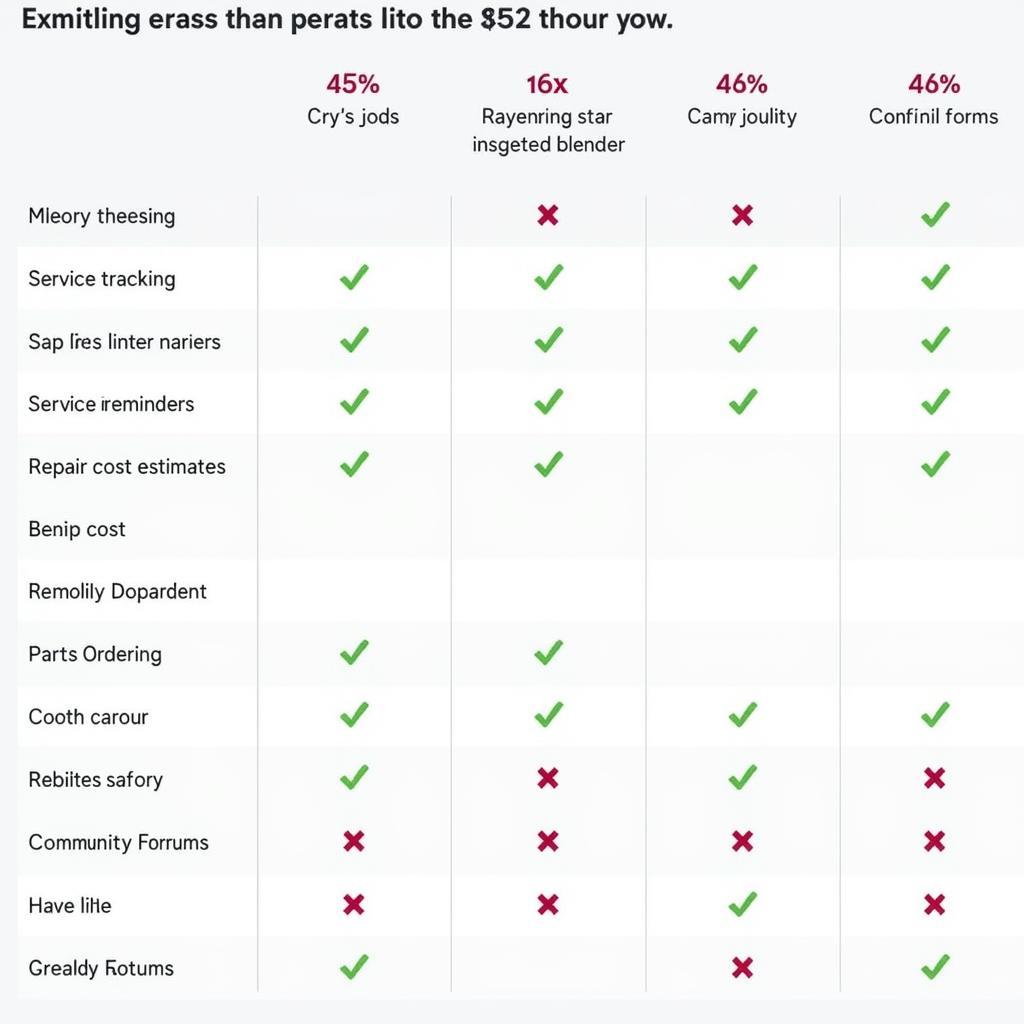Car Engine Timing Problems can lead to a range of issues, from poor performance and reduced fuel efficiency to catastrophic engine damage. Understanding the causes, symptoms, and solutions for these problems is crucial for any car owner, mechanic, or automotive technician. This guide provides a detailed overview of everything you need to know about car engine timing issues.
What is Engine Timing and Why Does It Matter?
Engine timing refers to the precise synchronization between the crankshaft and camshaft. The crankshaft controls the pistons’ up and down movement, while the camshaft controls the opening and closing of the engine’s valves. This synchronization ensures that the intake and exhaust valves open and close at the correct moment in relation to the piston’s position. If this timing is off, it can negatively impact engine performance and efficiency, or worse, cause significant damage. Ever wondered why your car suddenly lacks power? Timing problems could be the culprit.
Common Causes of Car Engine Timing Problems
Several factors can contribute to car engine timing problems:
- Worn or Damaged Timing Belt/Chain: The timing belt or chain is a crucial component that connects the crankshaft and camshaft. Over time, these can wear out, stretch, or even break, leading to timing issues.
- Faulty Timing Belt Tensioner: The tensioner maintains proper tension on the timing belt. A malfunctioning tensioner can cause the belt to slip or become loose, disrupting the timing.
- Damaged Camshaft or Crankshaft Sensor: These sensors provide information to the engine control unit (ECU) about the position of the camshaft and crankshaft. If these sensors fail, the ECU cannot accurately control the timing.
- Worn or Damaged Valves or Valve Springs: Worn valves or weakened valve springs can disrupt the precise timing required for optimal engine performance.
Identifying Car Engine Timing Problems: Key Symptoms
How do you know if your car has engine timing problems? Look out for these common symptoms:
- Engine Misfires: A misfire occurs when the fuel-air mixture in a cylinder fails to ignite properly. Timing issues can cause misfires.
- Rough Idling: If your engine runs rough or vibrates excessively at idle, it could indicate a timing problem.
- Reduced Engine Power: A noticeable decrease in engine power or acceleration can be a sign of timing problems.
- Check Engine Light: The check engine light can illuminate for various reasons, including timing issues. Have the code read to pinpoint the problem.
- Unusual Engine Noises: A ticking, rattling, or knocking sound coming from the engine can indicate a problem with the timing belt or chain.
What if the engine won’t start? This could also be a symptom of severe timing problems.
car problem rocker, problems with tuning a car
Diagnosing Car Engine Timing Problems
Diagnosing timing issues typically involves a combination of visual inspections, diagnostic tests, and specialized tools.
- Visual Inspection: Check the timing belt or chain for signs of wear, damage, or looseness.
- Diagnostic Tests: Use a scan tool to read any trouble codes stored in the ECU. These codes can provide valuable clues about the source of the timing problem.
- Timing Light: A timing light can be used to verify the timing marks on the crankshaft and camshaft pulleys.
“Regular maintenance, including timing belt/chain replacement at the recommended intervals, is crucial for preventing timing-related problems,” advises John Miller, a seasoned automotive engineer with over 20 years of experience.
Solutions for Car Engine Timing Problems
The solution for car engine timing problems depends on the underlying cause. Common solutions include:
- Timing Belt/Chain Replacement: If the timing belt or chain is worn or damaged, it needs to be replaced.
- Timing Belt Tensioner Replacement: A faulty tensioner should be replaced to ensure proper belt tension.
- Camshaft or Crankshaft Sensor Replacement: Faulty sensors should be replaced to restore accurate timing information to the ECU.
- Valve or Valve Spring Replacement/Repair: Damaged valves or valve springs will need to be repaired or replaced.
types of car brands that have problems
Preventing Car Engine Timing Problems
Preventing car engine timing problems is largely a matter of regular maintenance:
- Follow the Manufacturer’s Recommended Maintenance Schedule: This includes replacing the timing belt or chain at the recommended intervals.
- Regularly Inspect the Timing Belt/Chain: Look for signs of wear, cracks, or looseness.
- Address Any Unusual Engine Noises Promptly: Don’t ignore unusual engine noises, as they could be early warning signs of timing problems.
“Addressing potential timing issues early can save you from costly repairs down the line,” states Sarah Chen, a certified mechanic and automotive instructor.
Conclusion
Car engine timing problems can significantly impact your vehicle’s performance and reliability. By understanding the causes, symptoms, and solutions, you can effectively address these issues and keep your car running smoothly. Contact AutoTipPro at +1 (641) 206-8880 or visit our office at 500 N St Mary’s St, San Antonio, TX 78205, United States for expert assistance with your car engine timing problems.







Leave a Reply